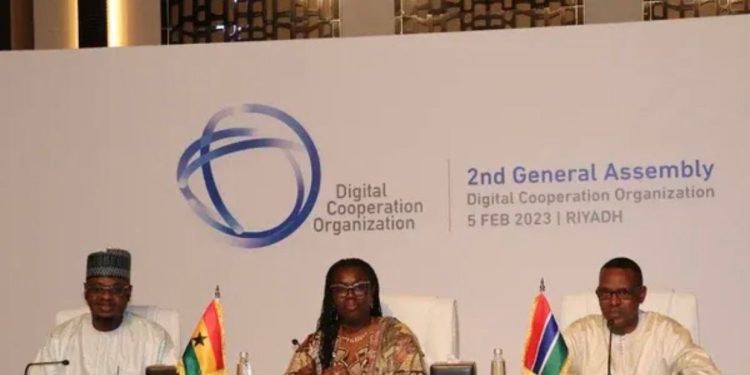In a time when most economies run by oil, manufacturing, and agriculture are shifting to digital economies, the two countries with a combined population of 35 million don’t want to be sidelined.
Africa faces funding shortfalls in tech infrastructure, challenges in implementing data protection policies, and slow adoption of frontier tech skills, but hopes that partnerships supporting its digital economy agenda could unlock financing.
Minister of Communications and Digital Economy in Gambia Ousman Bah said his country is gearing up towards a skill-based economy to close the digital divide.
Ghana’s minister of communications and digitalization Ursula Owusu noted that it is time Africa devised its direction of the future and trained its population on the latest advancements in tech. “We have to be in control of the Fourth Industrial Revolution. We have to create the opportunities today,” she said.
Despite commanding a market of 1.4 billion people, African countries lack a common agenda for technology, with the African Union and regional organizations such as the Economic Community of West African States (ECOWAS), Southern African Development Coordination Conference (SADCC), and the East African Community (EAC) all lacking clear strategies on how members can plug into the global digital economy.















